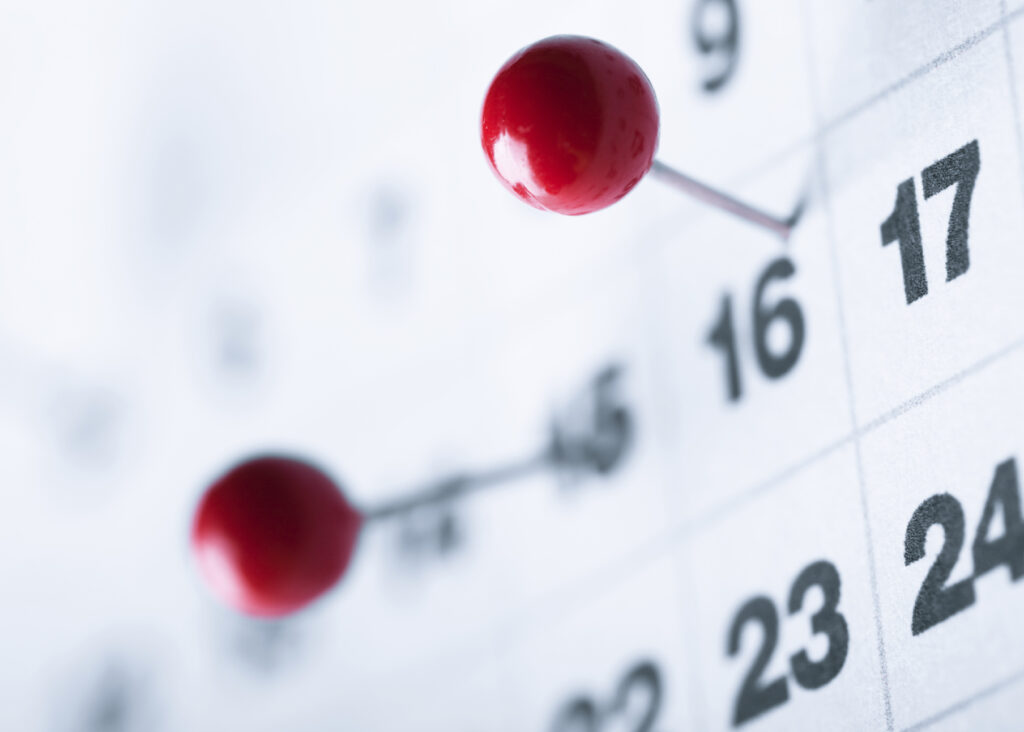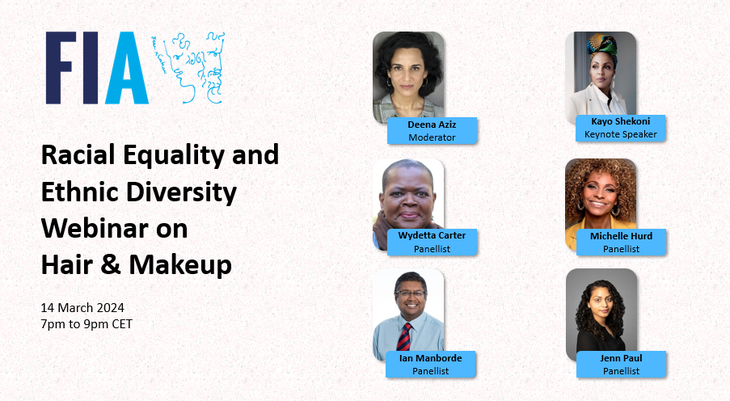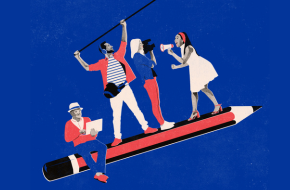In the context of the Covid-19 crisis and its devastating effect on the media and entertainment industry, FIA and sister organisations UNI MEI and FIM held a series of online webinars focusing on post Covid-19 return to work safety protocols.
The Covid-19 crisis has ripped through our industry. Since the beginning of the crisis, cinemas, theatres and live shows of all sorts and sizes have been cancelled, undermining the livelihood of performers and other entertainment workers. As lockdowns and confinement measures are gradually eased around the world, the challenge for the trade unions in the media and entertainment industry is to build a safe path to a “new normal” and to ensure that production protocols are adapted to prevent unnecessary risks at the workplace.
FIA, UNI MEI and lately also FIM resolved to bring their global memberships together to share experience and best practices with respect to ensuring maximum safety on set or on stage in post lockdown, pre-vaccine environment. Four interactive webinars were held in May and June, each with a different focus and bringing together some of the most experienced unions from around the world in live entertainment and the recorded media.
The first webinar took place at the outset of the pandemic, as lockdowns and confinement measures were gradually embraced to contain the spread of the virus and the trade unions were beginning to think how work might resume safely and even be possible with social distancing measures in place, as it appeared that the global health scare would likely last for quite a while. Affiliates from Norway, the United Stated and the United Kingdom shared valuable experience as they engaged with other industry stakeholders to define ad hoc safety protocols to protect workers on set, whilst enabling audiovisual production to gradually resume. One of the key features of these early attempts to regulate work in this novel environment, was the designation of a responsible person or department to oversee the enforcement of all Covid-19 prevention measures. Another concern that appeared to be topping the list of all unions’ recommendations was providing extra layers of security around cast and crew in close contact, e.g. when filming intimate scenes, where social distancing measures or PPE could clearly not be envisaged.
The second webinar focused on recorded audio studio work, i.e. dubbing, animation and voice-over. As lockdowns were gradually lifted, it appeared that it would not be an impossible task to define new protocols to preserve the safety of all workers in these rather confined environments, where work was clearly about to resume first. Three sets of industry guidelines for audio work approved in France, Canada and Turkey were presented at the webinar, with similarities with respect to basic social distancing measures and sanitation but also with their own specificities, e.g. banning the use of cabins in France, recommending the use of disposable mike covers or the wiping of all equipment in the presence of performers in Canada or a special auditorium to be reserved for senior actors and a special Covid-19 safety compliance rating for dubbing studios in Turkey.
The third webinar focused on newly approved safety protocols for film and television production. It presented four safety guidelines negotiated by unions and guilds from Australia, France, the United Kingdom and the United States and addressed a wide range of issues throughout production, such as testing, the protection of cast and crew as well as the practical organisation of shooting days in studios and on location. A special focus was given to the implementation of “production bubbles” on set, with different layers of security and a stronger protection where cast and crew members were to work closely together without the security of PPE or social distancing measures. Other recommendations included a paid sick leave guarantee to encourage workers to get tested without being concerned about losing their job and the creation of a special Covid-19 department or officer to monitor and enforce Covid-19 safety measures.
The last webinar focused on live performance and was obviously extended to FIM, as this work environment often also includes musicians. The live performance sector is one of the worst hit by the Covid-19 crisis. Social distancing being extremely difficult to respect either for the performers on stage or for the audience, most theatres, operas and concert halls still have to figure out a way of returning to “normal” in this pre-vaccine period, whilst keeping their business sustainable. Unions discussed how audience restrictions might affect commercial productions going forward, the challenge of containing aerosols in open environments and also the implications for cast and crew were a production to be interrupted in case of infection. Many tentative, and encouraging, measures were also discussed, among which implementing production bubbles on sets, carrying out temperature checks upon audience entry, having choirs perform remotely, rewriting shows to adapt to Covid-19 safety measures or running shows with a limited cast and audience, whilst streaming them to a wider number of people.
In the coming months, FIA, UNI MEI and FIM will continue to support member organisations in their endeavour to promote the highest safety protocols in response to Covid-19 crisis, in cooperation with industry stakeholders and authorities at national and international level.
All the adopted industry guidelines and protocols are available on the Covid-19 Crisis page of our website.





